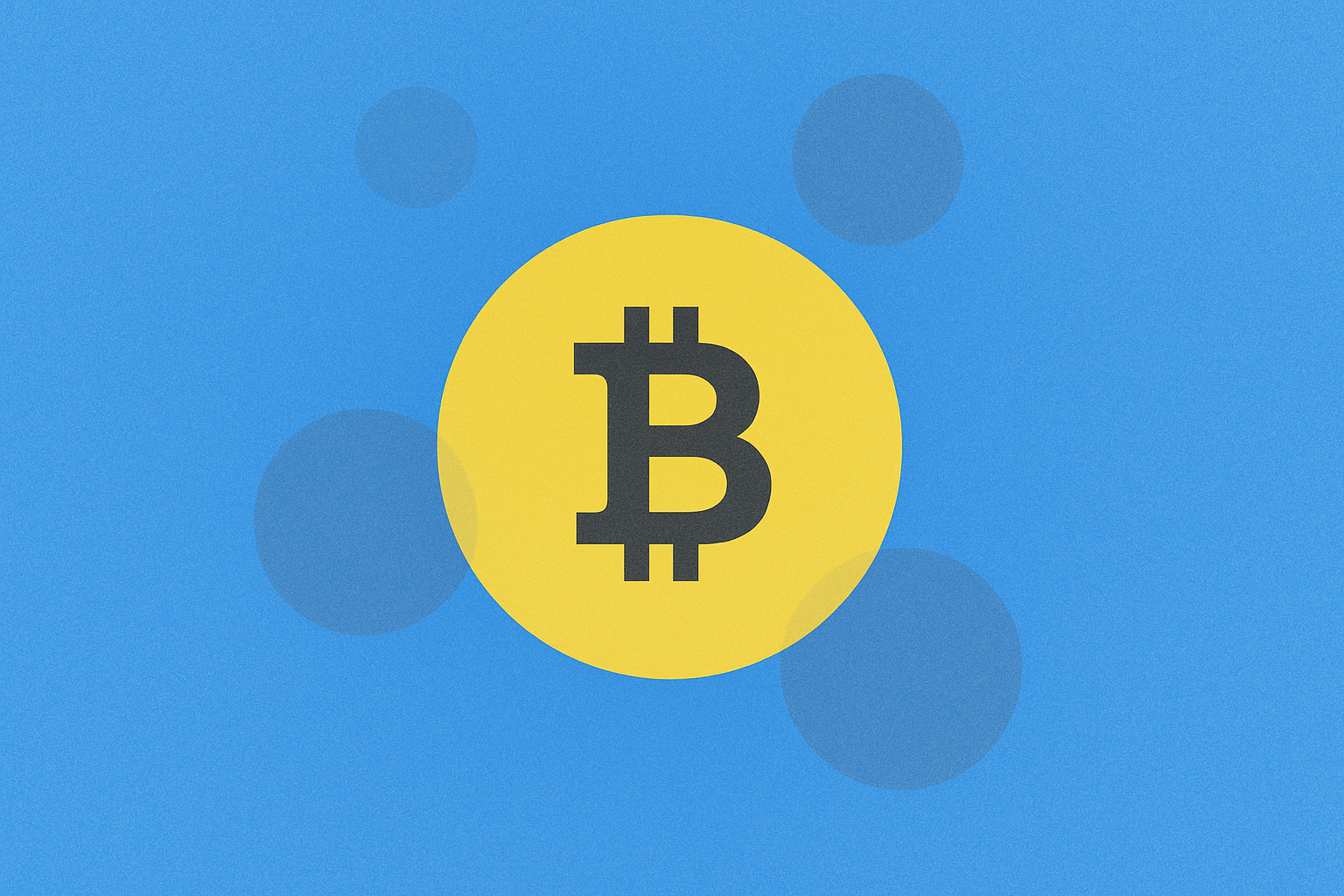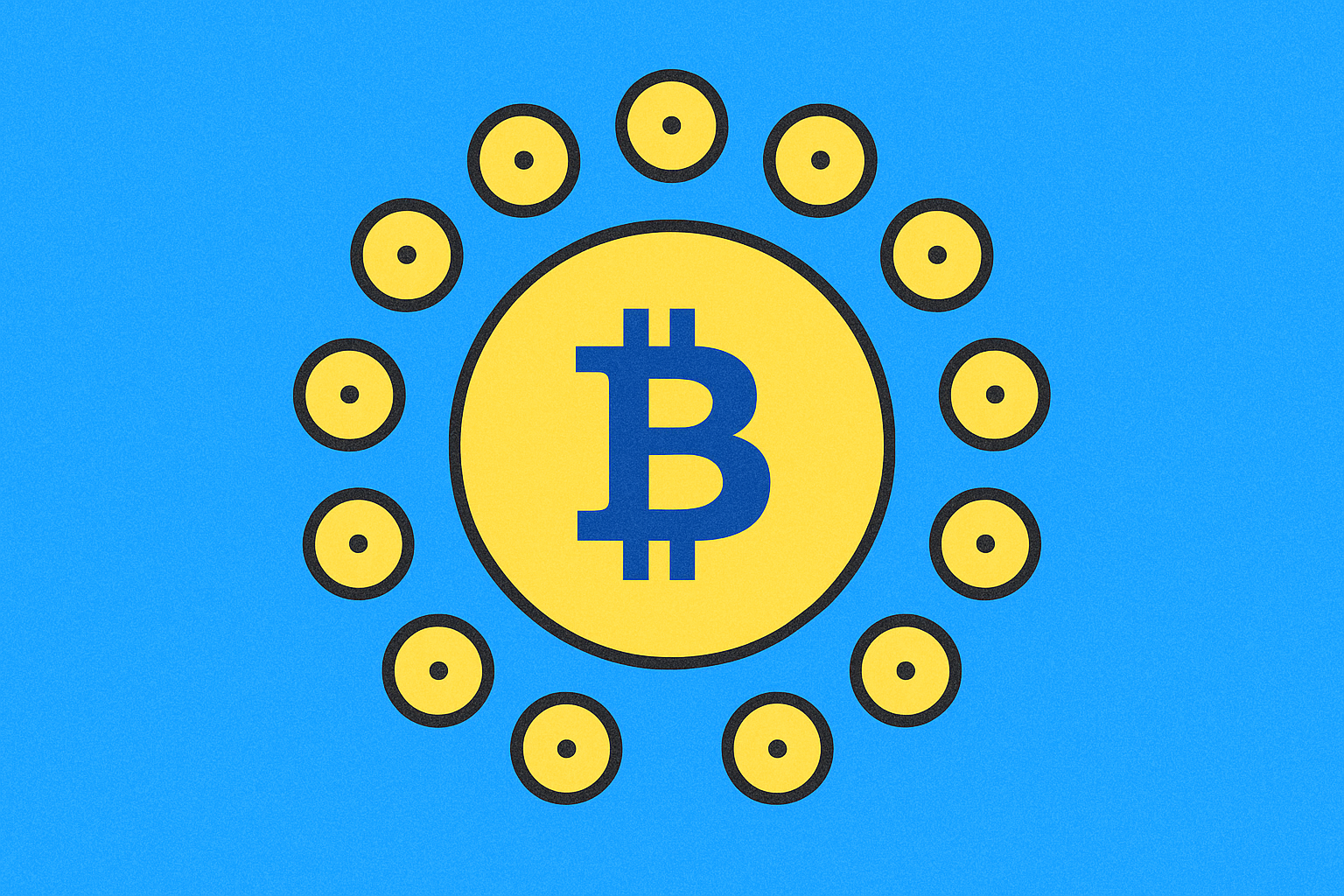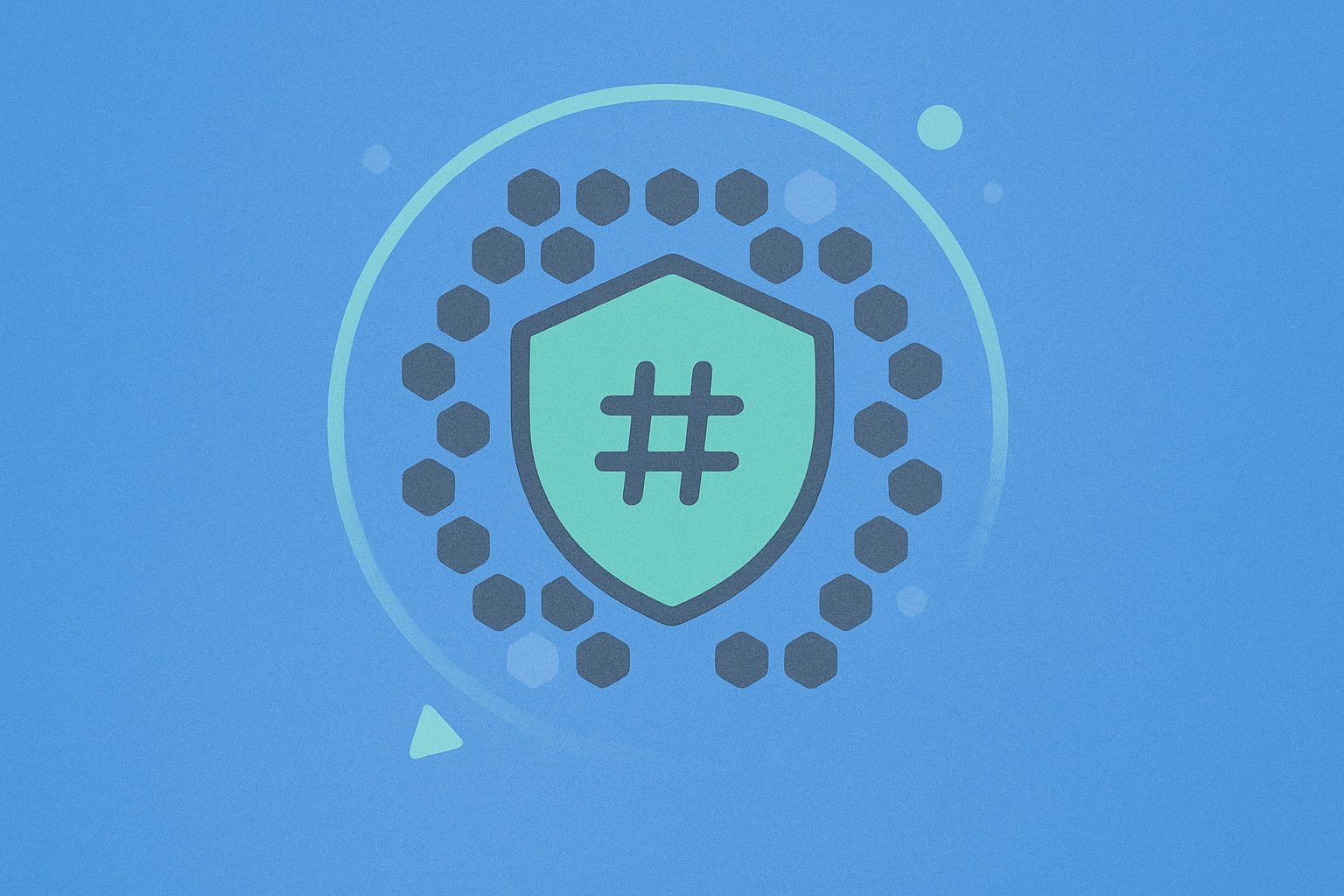RVV Token Hacker Olayı: Astra Nova'nın Üçüncü Taraf Piyasa Yapıcısının İhlali ile Ne Oldu?


Astra Nova Token hacker olayının şok edici detayları
15 Ekim 2025'te, kripto para topluluğu Astra Nova'nın RVV Token'ı ile ilgili önemli bir güvenlik ihlali nedeniyle sarsıldı. Olay, dijital varlıklarda yaklaşık 47 milyon $ kayba neden oldu ve toplulukta şok etkisi yarattı.Web3Ekosistem, güçlü kripto para güvenlik önlemlerinin önemini vurgulamaktadır. Son Astra Nova TOKEN hacker olayı, üçüncü taraf bir piyasa yapıcısının ihlali yoluyla düzenlenmişti ve bu, blok zinciri endüstrisindeki sürekli zafiyetlerin çarpıcı bir hatırlatıcısıdır.
Saldırı vektörü, Astra Nova'nın likidite havuzu ile üçüncü taraf bir piyasa yapıcısının otomatik ticaret sistemi arasındaki akıllı sözleşme arayüzündeki bilinmeyen bir güvenlik açığını kullandı. Hacker, fiyat oracle'ını başarılı bir şekilde manipüle ederek RVV Token'ın geçici ama önemli bir yanlış fiyatlandırılmasına yol açtı. Bu manipülasyon, saldırganın bir dizi hızlı ticaret gerçekleştirerek likidite havuzundan fonları çekmesini sağladı ve böylece yapay fiyat farklılıklarından yararlandı. Saldırının karmaşıklığı, suçluların Astra Nova'nın sistemi ve piyasa yapıcısının ticaret algoritmaları hakkında derin bir anlayışa sahip olduğunu göstermektedir.
Üçüncü taraf piyasa yapıcıların nasıl Achilles'in topuğu haline geldiği
Üçüncü taraf piyasa yapıcılarına bağımlılık, kripto para borsaları için her zaman iki ucu keskin bir kılıç olmuştur. Bu varlıklar gerekli likiditeyi sağlarken ve Token fiyatlarını stabilize etmeye yardımcı olurken, aynı zamanda dijital varlık platformlarının güvenlik mimarisinde ek başarısızlık noktaları da oluştururlar. Astra Nova Token hacker olayında, üçüncü taraf piyasa yapıcılarının tehlikeye girmesi zayıf halka haline geldi ve saldırganların borsanın aslında sağlam olan güvenlik önlemlerini aşmasına olanak tanıdı.
Bu etkinlik, kripto para ekosistemindeki karmaşık karşılıklı bağımlılıkları vurgulamaktadır. Borsa gibiGateGeleneksel olarak, organizasyonlar temel altyapılarını korumaya odaklanır, ancak Astra Nova olayı, sistemin güvenliğinin yalnızca en zayıf bileşeninin gücüyle sınırlı olduğunu göstermektedir. Üçüncü taraf bir piyasa yapıcının sistemi tehlikeye atıldı ve bu durum, Astra Nova'nın likidite havuzuna bir arka kapı oluşturarak, bu tür saldırıları önleyebilecek birçok standart güvenlik protokolünü atladı.
Bu olay, insanların kritik işlevleri üçüncü taraf sağlayıcılara dış kaynak kullanma ile ilişkili riskleri yeniden değerlendirmeye teşvik etti. Kripto para borsaları artık dış piyasa yapıcılarla işbirliği yapmanın faydalarını ve bu ilişkilerin getirebileceği potansiyel güvenlik açıklarını dengeleme zorluğuyla karşı karşıya. Olay, borsa'nın doğrudan altyapısını kapsamanın yanı sıra, tüm bağlı sistemler ve ortakları da kapsayan kapsamlı güvenlik denetimlerinin yapılmasının gerekliliğini vurgulayan bir uyarı hikayesi olarak hizmet ediyor.
Edinilen Dersler: Kripto Para Borsalarının Güvenliğini Güçlendirmek
Astra Nova Token'a hackerlar tarafından saldırı düzenlendikten sonra, kripto para endüstrisi Web3 güvenlik açıklarının giderek daha ciddi durumu ile yüzleşmek zorunda kaldı. Bu olay, dijital varlık platformlarının benzer saldırılara karşı savunma yeteneklerini artırmayı amaçlayan bir dizi önlemin alınmasına neden oldu. Kripto para borsalarına yönelik hacker saldırılarını önlemek, sektördeki hem köklü şirketler hem de yeni oluşan platformlar için en öncelikli konu haline geldi.
Bu güvenlik açığından alınacak önemli bir ders, gerçek zamanlı olarak anormallikleri tespit edebilen ve yanıt verebilen çok katmanlı güvenlik protokollerinin uygulanmasının önemidir. Borsa, şu anda önemli zararlar vermeden önce şüpheli ticaret desenlerini ve potansiyel akıllı sözleşme güvenlik açıklarını tespit edebilen gelişmiş AI destekli izleme sistemlerine büyük yatırımlar yapmaktadır. Ayrıca, tüm üçüncü taraf entegrasyonları ve ortaklar dahil olmak üzere düzenli ve sıkı güvenlik denetimlerine giderek artan bir vurgu bulunmaktadır.
Bu olay, sektördeki iletişim ve iş birliğinin geliştirilmesinin gerekliliğini de vurgulamaktadır. Buna yanıt olarak, Gate dahil olmak üzere birkaç önde gelen borsa, blockchain güvenliğinde tehdit istihbaratı ve en iyi uygulamaları paylaşmak için bir ittifak kurmuştur. Bu iş birliği yaklaşımı, ortaya çıkan tehditlere hızlı bir şekilde yanıt verebilen ve bunları azaltabilen daha dayanıklı bir ekosistem yaratmayı hedeflemektedir.
Ripple Etkisi: Web3 ve Blockchain Sektörüne Etkisi
Astra Nova Token hacker olayının etkisi, Web3 ve blockchain endüstrisinde geniş çapta tepkilere yol açtı ve güvenlik uygulamaları ile düzenleyici çerçevelerin kapsamlı bir yeniden değerlendirilmesini zorunlu kıldı. Bu olay, endüstride daha karmaşık güvenlik önlemlerinin geliştirilmesi ve benimsenmesini hızlandırdı. Örneğin, merkeziyetsiz finans (DeFi) protokolleri, büyük ölçekli saldırıları önlemek için giderek daha fazla devre kesici ve diğer güvenlik mekanizmalarını uygulamaya alıyor.
Son zamanlarda yaşanan hacker saldırısı, kripto para alanında düzenlemenin rolü üzerine tartışmaları yeniden alevlendirdi. Dünyadaki düzenleyici ajanslar, kripto para borsaları ve üçüncü taraf hizmet sağlayıcıları ile olan iş birlikleri üzerinde daha sıkı düzenlemeler talep ediyor. Bu durum, blok zinciri endüstrisinin benzersiz zorluklarına uyum sağlayan uyum ve risk yönetimi çözümlerine olan talepte bir artışa yol açtı.
Başlangıçta şok edici olmasına rağmen, Astra Nova Token hacking olayı nihayetinde kripto para ekosisteminde olumlu bir dönüşüm için bir katalizör haline geldi. Güvenlik teknolojisinde yeniliği teşvik etti ve yatırımcılar ile geliştiriciler arasında bir dikkat kültürü oluşturdu. Endüstri gelişmeye devam ederken, bu olaydan çıkarılan dersler kesinlikle blockchain güvenliği en iyi uygulamalarının geleceğini şekillendirecek ve yıllar boyunca daha dayanıklı ve güvenilir bir dijital varlık ortamı sağlanacaktır.

Warden Protokolü: 2025'te Web3 Güvenliği için Kapsamlı Bir Rehber

2025 Kripto Varlıklar Pazar Analizi: Web3 Gelişimi ve Blok Zinciri Trendleri

KAIKO: Kripto Pazarları için Öncü Merkeziyetsiz Veri Altyapısı

Web3 Alfa Kripto: 2025 için En İyi Yatırım Stratejileri

2025'te BDT'nin CAD'ye dönüşüm oranı ve Web3 ticaret seçenekleri

Öne Çıkan Önemli NFT Sanatçıları

Fantom Blockchain Teknolojisini Anlamak: Temel Özellikler Açıklandı

NFT Nadirliği Anlamak: Puanlama Sistemleri Rehberi

Blokzincirde Proof-of-Work Konsensüs Mekanizmasını Anlamak

Satoshi'den Bitcoin'e Dönüşümün Anlaşılması: Kolay Anlatım





